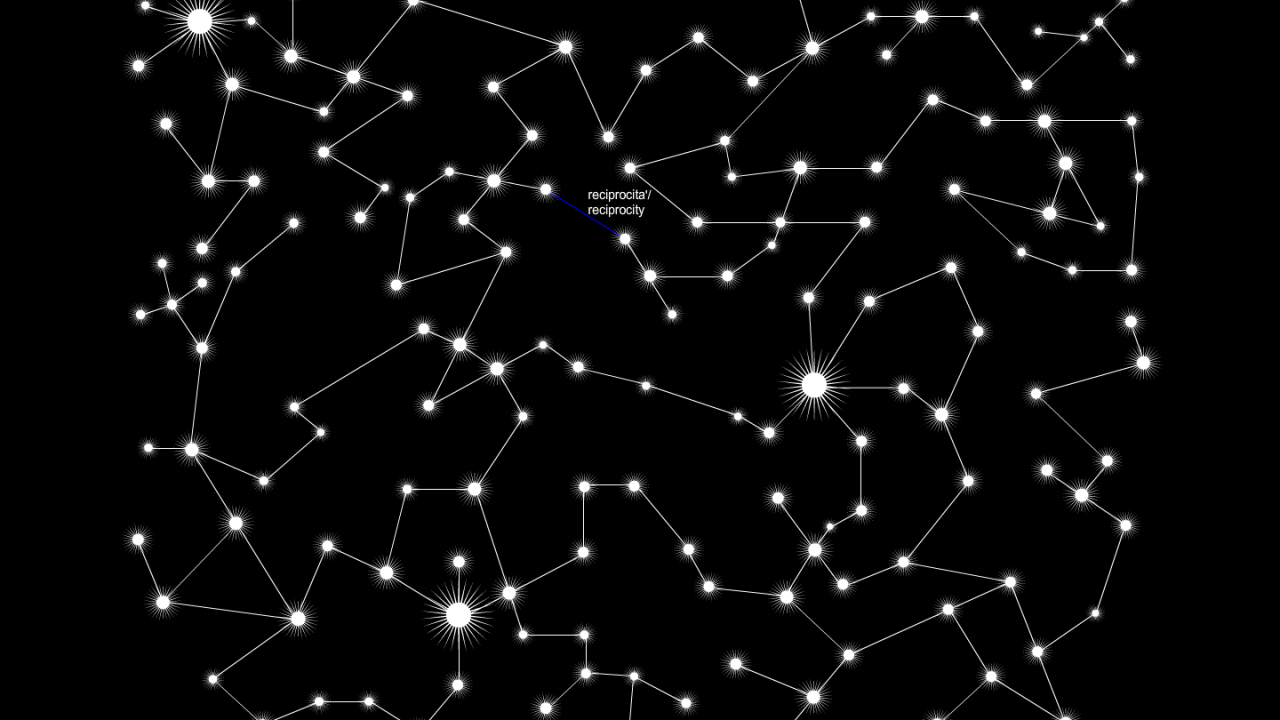
Introducing the 2021-22 DHI HumArts and Transcollege Research Clusters
From History to Law, English to Food Science and Technology, Native American Studies to Theater and Dance, this year’s DHI-sponsored HumArts and Transcollege Clusters represent collaborations and connections between scholars in a wide range of disciplines and fields.
The DHI is proud to sponsor three new clusters and four continuing clusters for the 2021-22 year.
Transcollege Clusters:
- New:
- Heritage Spanish: A Forum for Language, Learning & Teaching. Faculty coordinator: Agustina Carando (Assistant Professor, Spanish and Portuguese).
- Continuing:
- Free People of Color: Law, History, and Race in the Shaping of Freedom in the United States. Faculty coordinator: Gabriel Chin (Professor, Law).
- Radical and Relational Approaches to Food Fermentation and Food Sovereignty. Faculty coordinators: Jessica Bissett Perea (Assistant Professor, Native American Studies) and Maria Marco (Professor, Food Science and Technology).
HumArts Clusters:
- New:
- Black Futurism: Reading Black Visions of the Future in the Age of Jim Crow. Faculty Coordinator: Matthew Vernon (Associate Professor, English).
- Extractive Pasts and Hollowed Futures: Unearthing Histories of Mining. Faculty Coordinator: Jose Juan Perez Melendez (Assistant Professor, History.)
- Continuing:
- Critical Militarization, Policing, and Security Studies (CRTMIL). Faculty coordinators: Javier Arbona (Assistant Professor, Design and American Studies) and Anjali Nath (Assistant Professor, American Studies).
- See/Hear/Say: New Work with Voice, Bodies, Sound & Word. Faculty coordinators: Kurt Rohde (Professor, Music), Margaret Kemp (Associate Professor, Theatre and Dance), and Lucy Corin (Professor, English).
In addition, the HumArts and Transcollege clusters from the 2020-21 year have been granted extensions due to COVID-19. These extensions will allow researchers to continue their projects to their full capacity. The extended clusters include the following:
- DNA, Race, and Reproduction. Faculty coordinators: Emily Merchant (Assistant Professor, Science and Technology Studies) and Meaghan O’Keefe (Associate Professor, Religious Studies).
- GeoArchaelogy Working Group. Faculty coordinators: Teresa Steele (Professor, Anthropology), Ken Verosub (Distinguished Professor, Earth and Planetary Sciences), Isabel Montañez (Distinguished Professor, Earth and Planetary Sciences), and Nicolas Zwyns (Associate Professor, Anthropology).
- Disability and Social Injustice. Faculty coordinator: Ryan Lee Cartwright (Assistant Professor, American Studies).
- Migration and Aesthetics. Faculty coordinators: Chunjie Zhang (Associate Professor, German) and Linn Normand (Program Director, Global Migration Center).
- Racial Justice Policy Cluster. Faculty coordinator: Robyn Rodriguez (Professor, Asian American Studies).
You can learn more about the 2020-21 clusters HERE.
Interdisciplinary Research on Race and Power
Many of this year’s clusters share an interest in questions of race and power.
Heritage Spanish is a new Transcollege cluster that seeks to develop a “collaborative network of stakeholders in Spanish heritage language education.” The cluster seeks to improve educational support for heritage Spanish speakers, or those who speak Spanish “primarily in home and community contexts,” rather than “academic and institutional contexts.”
Free People of Color, now in its second year, brings together scholars from Law and History to “investigate the relationship between law, race, power, and status in the post-Civil War United States.” After hosting a successful speaker series last year, the cluster is planning another year of research and conversation.
CRTMIL, founded in 2008 by former Caren Kaplan (Professor, American Studies), is this year’s longest-running research cluster. CRTMIL interrogates the role of state power in disciplining subjects, especially racialized subjects, through “practices of militarization, the technologies that facilitate surveillance and state power,” and explores “contestations to such forms of violence.”
Learning from History
Two of this year’s research clusters bring together scholars from across the university to study the past and what it can illuminate about the present.
Histories of Mining is a new HumArts research cluster that “emerges from a burgeoning interest among students and faculty at UC Davis in the study of the adverse effects of mining industries in the Americas and the world at large.” Through events like book talks and symposia, the cluster will bring together scholars in History, English, Native American Studies, and Geography to engage in a collective conversation about historical and contemporary mining.
The Black Futurism cluster brings together faculty and graduate students in English, History, and African American and African Studies who are interested in Black life during the late nineteenth and twentieth century. By exploring how Black writers and thinkers during the Age of Jim Crow imagined the future, the cluster organizers hope to “trace echoes of those futures into the current moment, consider their utility for activist movements, and analyze the ways that visions of the future provide both insights into the world writers respond to and to the sources of their creativity.”
Collaborative Research Through Practice
Two of our research clusters are committed to hands-on research, learning through collective practice.
Radical and Relational Approaches to Food Fermentation and Food Sovereignty “brings together food scientists, Indigenous scholars, cultural studies scholars, and fermentation practitioners (and people who are all four) who have a shared commitment to Native food sovereignty and a shared fascination with the material and metaphorical power of fermentation.” After hosting fermentation workshops, a tasting event with Cafe Ohlone, and speaker series in 2020-21, the cluster plans to host further collaborative events in the upcoming year.
See/Hear/Say, a project now in its fourth year, is a collaboration between faculty and graduate students in the departments of Music, Theater and Dance, and Creative Writing. Students attend workshops and lectures as they work together to create collaborative pieces.
All of this year's clusters are planning upcoming events and activities; watch for more information on the DHI's website and events calendar.
